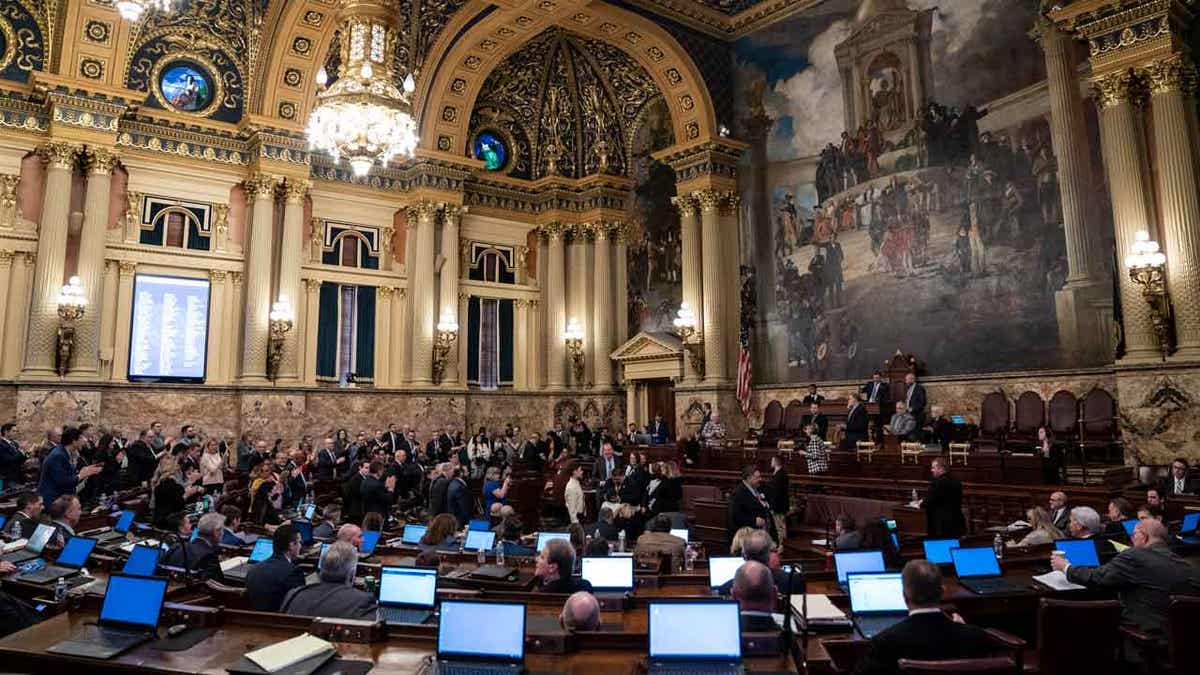The recent court ruling declaring Pennsylvania's public school funding system unconstitutional has ignited a fierce debate, placing education spending at the center of state budget negotiations. This, combined with disagreements over using public funds for private and religious schools, has left the 2023-24 budget in a state of uncertainty.
As the state government enters its second week without complete spending authority, a $45 billion budget proposal remains stalled. The sticking point is a proposed $100 million program that would subsidize students from low-performing districts to attend private or religious schools, a concept championed by the Republican-controlled Senate.
Adding to the complexity is the court's mandate to rectify the funding system without providing specific instructions or a timeline. The current budget proposal includes an $800 million increase for public education, a figure significantly lower than what Democrats had hoped for. While $100 million is earmarked for the state's poorest districts, critics argue it's insufficient to address the deep-seated funding disparities.
Advocates for public education were pushing for a substantial initial investment of around $2 billion to begin addressing the system's flaws, along with a comprehensive plan to revamp the state's school funding model. Experts contend that years of underfunding have created a significant deficit, and a piecemeal approach won't suffice.
Comparisons to other states facing similar court decisions reveal that action isn't always immediate. However, some states have successfully implemented sustained investments, highlighting the importance of political will and leadership. There's a growing consensus among education advocates that immediate action is crucial.

The image above depicts the Pennsylvania House of Representatives in session at the Pennsylvania Capitol on February 21, 2023, during budget deliberations.
Governor Josh Shapiro acknowledges the need for time to fully fund public schools, emphasizing it as a key priority. However, his support for the Senate's school voucher program, along with the budget's increased tax credits for private education, has drawn criticism.
House Republicans present vouchers as a potential solution to the court's ruling, arguing that the court's decision allows for various reform approaches. The proposed voucher program would provide up to $10,000 to families for private school tuition, targeting students in the bottom 15% of lowest-performing schools from families earning below 250% of the federal poverty level.
While Governor Shapiro indicated he would veto the voucher program to avoid a deadlock, he urged House Democrats to explore alternative solutions, including vouchers and tax credits, while striving for constitutional compliance.
Despite this, Senate Republicans are pressuring Shapiro to sign the budget bill without removing the voucher program. Their leverage stems from the Senate's adjournment until September, leaving crucial budget components unresolved, including legislation dictating how funds are allocated, even for some of Shapiro's and House Democrats' priorities.
Comments(0)
Top Comments